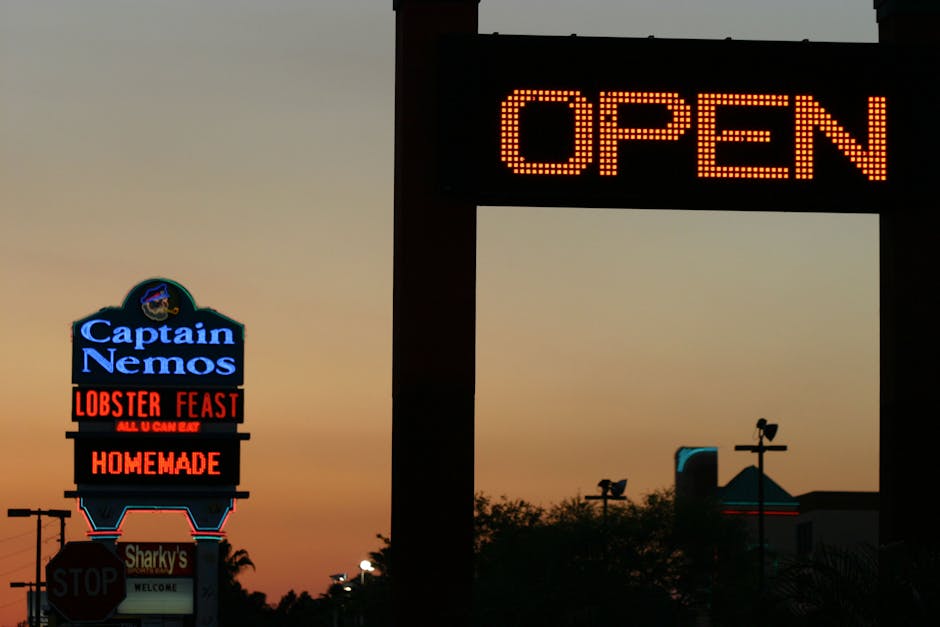Ben & Jerry’s Co-Founder Says Unilever Blocked Palestine-Themed Ice Cream
Ben Cohen, co-founder of Ben & Jerry’s, has accused parent company Unilever of preventing the launch of a Palestine-themed ice cream flavor. The claim has reignited debates on corporate activism, business neutrality, and the Israel-Palestine conflict.
Unilever’s Alleged Block & Lack of Response
Cohen revealed at a recent event that Ben & Jerry’s proposed a flavor supporting Palestinian awareness but was stopped by Unilever. While details are scarce, he suggested the decision stemmed from fears of backlash in the contentious Israel-Palestine debate.
Unilever has not yet commented. However, this isn’t the first clash between the ice cream brand and its parent company. In 2021, Ben & Jerry’s stopped sales in Israeli-occupied Palestinian territories, calling the occupation “illegal.” Unilever later sold its Israeli business to a local licensee, bypassing the boycott while avoiding direct involvement.
Corporate Activism vs. Profit Concerns
Ben & Jerry’s is known for championing progressive causes, but Cohen’s claim highlights tensions between mission-driven brands and corporate owners. Critics argue Unilever’s move prioritizes profit over principle, especially when activism could spark controversy.
Pro-Palestine advocates praise Cohen for speaking out, while Israel supporters accuse the brand of bias. The divide reflects broader challenges for corporations taking sides in geopolitical disputes.
Public Backlash & Industry Reactions
Social media reactions are split. Some consumers threaten Unilever boycotts, citing censorship, while others believe companies should avoid politics.
Experts note Unilever’s caution is understandable—brands entangled in the Israel-Palestine conflict often face financial and reputational risks. Past boycotts during the 2021 Gaza war show how quickly corporate stances can backfire.
What’s Next for Ben & Jerry’s?
The incident raises questions about the brand’s future activism under Unilever. Will it retain its bold advocacy, or will corporate oversight limit its political voice?
As consumers demand ethical accountability, companies must balance principles and profits. The blocked Palestine flavor may never launch, but the debate over corporate responsibility is far from over.
— NextMinuteNews Team




